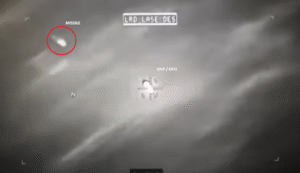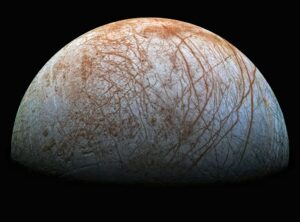Do you need chemistry or physics to study biology?
You may encounter problems that in order to solve, you may need a better understanding of chemistry or physics, but that’s just as true for a physicist studying a biological system. This hierarchical view of science is a results of the top-down, reductive view of science.
Why don’t physicists study chemistry like biologists do?
The point is, a better description is chemistry is just a part of "physics" that typical physicists just don’t study. Because conventional experimental (and sometimes theoretical) methods of physics, as it is taught today, sometimes don’t do a good job when studying chemical systems. What about biology? It’s far from "applied chemistry" OR physics.
physics vs chemistry vs biology vs math
What is it like to study biochemistry and molecular biology together?
Biochemistry (My favorite field) is a beautiful amalgamation of both fields. Even better, the general area of molecular biology is a very hot field and one that is ripe for significant breakthroughs. There as an extraordinary focus at the molecular level and understanding DNA and the thousands of related reactions.
physics vs chemistry a level
What is the difference between chemistry and physics?
Chemistry, on the other hand, focuses on what compounds are present in a sample, and explores how changing the structure of molecules will change their reactivity and their physical properties. The two sciences differ in the role that theory plays within the discipline. Physics can be divided into experimental and theoretical physics.
Should I take physics or chemistry?
It’s really interesting, if you have good memory and enjoy analysis/cognitive thinking, do chemistry. But if you’re a really mathsy person, physics might be easier, as a lot of things cross over (mechanics and stuff).
How hard is a level physics?
A-Level Physics is considered as one of the hardest courses due to the amount and complexity of material as well as the difficulty of exam questions. Even though, the subject is quite interesting and compelling for many of the students.
What are the different types of chemistry a level?
Chemistry incorporates five main sub-disciplines, which are the following: Organic Chemistry, Inorganic Chemistry, Analytical Chemistry, Physical Chemistry, and Biochemistry. Although, A-Level Chemistry only covers general topics from Physical Chemistry, Inorganic Chemistry, and Organic Chemistry.
physics vs chemistry vs biology which is harder
Is physics harder to master than biology and chemistry?
Physics is definitely harder to master but once you get good at it, it tends to be quite a plug-and-chug once you recognize the particular "situation" in the problem. In other words, you gain an intuitive sense. For biology and chemistry there really is no sort of intuitive sense and answers to questions will depend more on confidence.
What is the difference between biology and physics and chemistry?
Physics is essentially a bunch of equations, you know them and when they should be applied, you’ll be fine. Biology is largely a big info pile you just need to remember. Chemistry was for me a nasty mix of the two.
What is the difficulty level of Biology compared to chemistry?
For me biology is simple and I really enjoy chemistry so I’d say that the difficulty level is about the same although chemistry uses quite a bit of maths and you need to understand concepts in order to use them whereas biology is content heavy. having said that, biology mark schemes are very picky with key words and awarding marks…



